As the financial year-end approaches, it's important for business owners to resist the temptation to engage in short-term tax minimization strategies, such as buying an expensive item to reduce profits. These strategies may provide a temporary reduction in tax liabilities, but they can also reduce cash flow and inhibit the company's ability to reinvest in its operations and grow in the long term. For example, a purchase of a $20,000 item to avoid paying $5,000 is not worth the effort overall you will be $15,000 out of pocket, to save $5,000. This is cash you could have used to re-invest in your business for growth.
Instead, working with a professional accountant who has business experience can help business owners develop ethical tax minimization strategies that align with the company's long-term goals. These strategies may include maximizing deductions and credits, implementing tax-efficient investment strategies, and optimizing business structures to minimize tax liabilities.
Furthermore, by engaging with a professional accountant, business owners can gain valuable insights into their company's financial performance and identify areas for potential growth and investment. By developing reports, budgets, and forecasts, and analysing key financial metrics, accountants can help business owners make informed decisions about how to manage cash flow and allocate resources for future growth.
In summary, as the financial year-end approaches, it's important for business owners to resist the temptation to engage in short-term tax minimization strategies and instead work with a professional accountant who can provide ethical tax minimization strategies and valuable insights into their company's financial performance. By focusing on long-term growth and sustainability, businesses can create more opportunities for success and profitability in the future.
